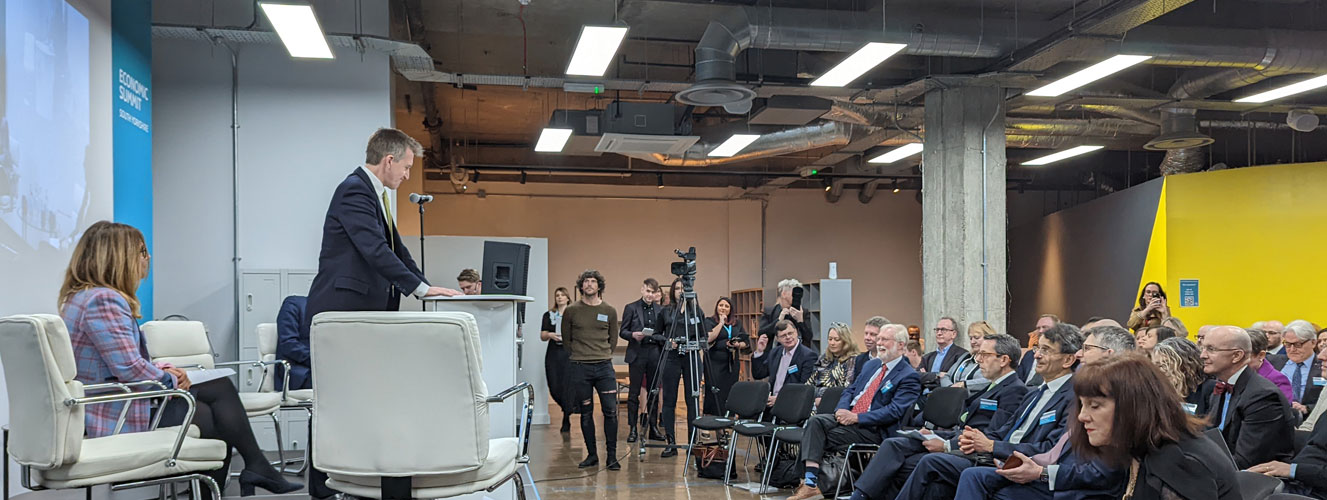
MAYOR DAN JARVIS SPEECH AT THE SOUTH YORKSHIRE ECONOMIC SUMMIT
Thank you. And good morning, everyone.
“The only function of economic forecasting,” said John Kenneth Galbraith, “is to make astrology look respectable.”
With that in mind, rather than making any bold predictions today, I’d like to talk to you about our story in South Yorkshire – what we are doing and why it matters to our economy and our people.
It is a privilege and pleasure to address you at this, South Yorkshire’s inaugural Economic Summit.
I am grateful to all of you for being here.
With the support of Andy Haldane, the Blavatnik School of Government and the Department for Levelling Up,
we’re here to exchange ideas, to innovate, and to find solutions to the problems we face.
We may not quite put the whole world to rights, but we’re going give it a damn good try!
As I speak, only just on the cusp of what we hope is the end to the pandemic, with all the challenges of economic growth and inequality as acute as ever, with a global climate crisis accelerating, and now with the fires of war adding to the uncertainty and peril facing our region and our planet.
I am acutely aware of those problems.
But I am also acutely aware of our potential.
Because we are fighting to answer those challenges both old and new.
There is so much we have already done, and are doing – and that we can yet do.
But my key message today is that to solve our problems we need to address them at their roots, to make change at a systemic level.
That’s what I work for. We need to be willing to push our boundaries and our comfort zones, and change the rules of the game.
We need to build a bigger economy, but also a better one –stronger, more productive, but also greener and fairer.
But to do that we need to be humble, open and connected – to learn from, work with and support all the forces that can help us make our region better.
And it’s that collaboration we are here to build today.
For almost four years now, I’ve been immensely privileged to lead a region of unbelievable ingenuity. Of creativity, and opportunity.
Let me tell you about it.
Tomorrow we’re honoured to host the Indian High Commissioner.
One of the things we’ll show her, is a little piece of kit at Sheffield Hallam University’s National Centre for Food Engineering.
It’s essentially a very fancy rice-shaker – I think that’s the scientific term!
Better rice milling has an outsized potential to help small producers cut waste and take ownership of the production process – reducing emissions, improving global rice yields, and supporting cooperatives and small businesses.
All that, from a machine that can be powered by energy from the sun.
It is a shining example of the sort of economy I want for our region – an economy at the forefront of solving the world’s problems, not just our own.
It is amazing. But it is not unique.
Because over the last four years, it has been my privilege to invest in and support a host of industrial and research assets that are putting South Yorkshire in the vanguard of the technological, and increasingly of the green, revolution.
Right here in South Yorkshire, ITM Power have the world’s largest production line of hydrogen electrolysers.
Hydrogen can cleanly power cars, trucks, buses, trains and machines, perhaps even cargo ships.
So long as it is produced with clean electricity, the potential is absolutely game-changing.
At the end of 2021 I opened an amazing new Magtec factory in Rotherham.
A company doing brilliant things with electric drivetrains – converting diesel into net zero vehicles.
We’re in advanced discussions with a company called Hybrid Air Vehicles to develop their production facility here in South Yorkshire.
Meanwhile, over in Rotherham, just 2 miles from where we are, is a newly operational UK Atomic Energy Authority facility.
If we can crack fusion, then we’ll be able to produce enough clean electricity to power a thousand ITM factories.
The A-E-A chose South Yorkshire to host the only device in the world that allows engineers to test components in the conditions found inside a fusion power plant, with temperatures close to those of the sun.
When I say we have star performers in South Yorkshire, I really mean it.
And why are the A-E-A here?
They’re here, because fusion power is no longer a problem just for the scientists – it’s a problem for engineers and manufacturers as well.
And that is South Yorkshire’s sweet spot – our super-power.
The A-E-A is here because they can work alongside our Nuclear Advanced Manufacturing Research Centre,
and the new Energy Institute and Translational Energy Research Centre at the University of Sheffield.
Building the bridge between raw research and practical implementation. Real life, industrial-led innovation – with purpose. Bringing the future to life.
That’s what it’s all about.
It’s not just nuclear – the Energy Institute and TERC are providing a foundation for another centre that will lead research and commercial testing of sustainable aviation fuels – the first of its kind in Europe.
And they in turn are only one of an incredible cluster of translational research and collaboration facilities in our region.
That includes the building we’re in right now, where we have new businesses starting out, sharing not just space but ideas and expertise.
Incidentally, a little pitch – this is also why we would also be supremely well suited to host a new headquarters for Great British Railways in Doncaster.
Joining our immense railway heritage with the cutting-edge research of the future – that has to be a winning combination.
And, it gives me huge pleasure today to announce a significant addition to this galaxy of stars – the South Yorkshire Sustainability Centre.
A collaboration between the MCA, the University of Sheffield, Sheffield Hallam University, our Local Authorities and a host of private and voluntary organisations,
the Centre will be a hub to identify problems and find solutions for our transition to a greener South Yorkshire – and to seize the opportunities that come with it.
It is truly an innovative way of working, backed by Research England to the tune of £5m.
Places like these are the crown jewels of our efforts to create a better economy in our region.
They are why we’re starting to attract investment, businesses and people at a growing rate.
Because fantastic companies like ITM are not here by chance, but by choice.
From medicine to metals to food engineering to infrastructure, this is where the future is being made.
This is how we can help power the next industrial revolution – just as our coal mines and steel works powered the first.
So our future is bright.
But I have to talk about our problems, as well as our potential.
Because for every vibrant business there is one bouncing from month to month struggling to cover the payroll, worrying about the next bill, growing at a glacial rate.
For every successful entrepreneur there is a business idea frustrated by a lack of finance or support.
For every bright spark in our schools, colleges and universities there are people whose talent is being wasted by a struggling transport system, poor housing, too few opportunities.
This plays out in low wages, talent lost to emigration, the underutilisation of a skilled and talented workforce.
It plays out in too low a business density, too few businesses growing exponentially.
It plays out in communities that have been left behind.
And it plays out in unacceptable inequality.
And if we keep doing what we’ve always done, we’ll get what we’ve always got.
But if we want to change the status quo, we have to address the system, not just the symptoms.
What does that actually mean? For one, it means our challenges are not just about economics, they are about power and structure.
Let me give you an example.
In the last four years, I have submitted endless bids for funding in partnership with our local councils and partners across the region:
The Levelling Up Fund. Community Renewal Fund.
City Region Sustainable Transport Settlement. Transforming Cities Fund. Get Britain Building Fund. Freeports. The list goes on, and on!
All at the behest of Whitehall.
All with on the face of it reasonable questions, laudable goals but narrow priorities.
It is exhausting. It is transactional. And it doesn’t work.
Each of those funds have their own reporting mechanisms and rules, limiting creativity, limiting flexibility and limiting delivery.
We can’t know if we’ll win a bid, so we can’t properly plan.
The money often comes in modest little pots, inadequate for more ambitious projects.
It is politicised, with much funding going to places that are not the most in need.
And above all, it is given out according to Whitehall’s priorities, not ours.
We may know our regions better than anyone in London, but we are still dancing to someone else’s tune.
It’s no way to support development.
Just imagine if the countless hours spent on managing those bids instead went into helping business,
designing new projects and programmes, forging partnerships and getting stuff done.
Just imagine if we could actually implement a comprehensive development plan.
If we could act strategically over a decade, not a funding round. If we could take our destiny in our hands.
It would be transformational.
And with Andy in the audience, let me be very clear - it is the minimum we need for levelling up to be taken seriously.
So, this is my ask of you, Andy.
If you can do that, we will be accountable for the role we play.
We will work in partnership, because most things have a national as well as a local angle.
We appreciate the ambition in the White Paper, and gradual moves like the devolution of adult education.
But at the end of the day, we need you to deliver the promise of devolution.
And we need a bigger ambition than merely taking another eight years to get the rest of England to where London is now.
We need you to unleash our communities, because only then can we unleash our potential. No pressure!
Meanwhile, we are not waiting around.
We’ve leveraged our devolved revenue to create a Renewal Fund worth up to half a billion pounds.
Part of that money will go to help tackle big those strategic challenges like decarbonisation and transport.
But part will go to invest in enterprises with the potential to create jobs, boost productivity and incomes,
and shift our economy for the better.
If people in the audience have suggestions how we can best use it, get in touch – I want to hear from you!
Power and structure matters – but that applies in other ways as well. Here’s another example.
Last year I inaugurated what we call the Ownership Hub.
It’s a ground-breaking initiative in partnership with Co-ops UK and the Employee Ownership Association, designed to support the creation and growth of cooperatives and worker ownership.
Why? It’s inherently good and just to give ordinary people more control and a fairer share in their work – but there are other reasons.
Research suggests employee ownership drives on average 2% higher annual sales and employment growth.
Employee owners are six times less likely to face redundancy. And they have higher median household wealth than their peers, especially for younger workers and workers from the poorest households.
This is about making our economy both stronger and fairer.
It’s about changing its structure in unassumingly revolutionary way.
It’s about changing the rules of the game.
It’s all very modest so far. But that’s about to change.
I’m absolutely delighted to say that we will be working in partnership with the thinktank Ownership at Work and specialist impact investor Valloop, to support their plans for £100m of finance to bring more company ownership into the hands of ordinary workers.
It’s called Time to Share, and it’s going to be the start of something big.
Together we’ll track the economic and social impact this delivers and use that to draw even greater capital into the region in the years ahead.
My goal for these initiatives and others like them is to fundamentally reshape our economy for the better.
South Yorkshire is worthy of no less an ambition than that.
In the end, everything I’ve said today comes back to one idea.
We face big challenges, but we can overcome them if we are willing to tackle the roots of the problem.
But we simply cannot accept the status quo – it’s just not good enough.
So, with innovation and determination, and a clear moral compass - we can unlock the dazzling, brilliant potential of our people, of our enterprises, of our economy.
We can and must do so while making fundamental changes to our economy to make it more just, more inclusive, and more sustainable.
And in doing so we can do more than just increase our GVA.
We can build better lives for people in South Yorkshire, and a better future for the world.
And that’s exactly what I’m looking forward to working with you to do today.
Thank you.



